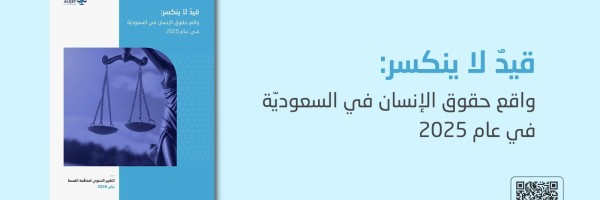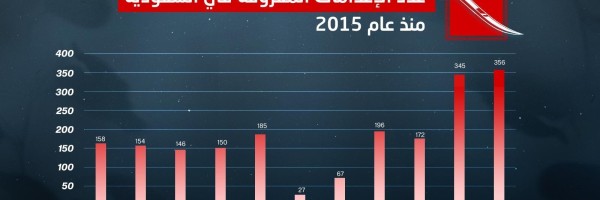The indictment of Saudi sisters Manahel and Fouz al-Otaibi over their choice of clothing and support for women’s rights stands in stark contrast to the authorities’ talk of reform and empowerment for women. Social media activists Manahel and Fouz (pictured left and centre respectively) face a number of charges for their peaceful promotion of women’s rights, wearing “indecent” clothes, and tweeting under feminist hashtags.
Fitness instructor Manahel, arrested on 16 November 2022, was due to appear before the Specialised Criminal Court on 26 July 2023 for the first session of her trial, but it was postponed without a new date being set. She is currently being held in al-Malaz prison in Riyadh. Her sister Fouz fled Saudi Arabia after being summoned in 2022, and remains at risk of imprisonment should she return home. A third sister, women’s rights activist Maryam al-Otaibi (pictured right), remains in the country under an unofficial travel ban as a result of her activism. She has contacted numerous Saudi bodies including the Ministry of Interior, Presidency of State Security and Saudi Human Rights Commission in a bid to have the ban lifted, but so far without success.
Manahel and Fouz both face charges under the kingdom’s draconian Anti-Cybercrime Law that include “opposing the laws relating to women, such as the male guardianship system and the hijab law”, “participating in several hashtags opposing these laws, notably ‘isqaat al-wilaaya’ (‘abolish male guardianship’)”, “having several photos and video clips in indecent clothes on [their] [social media] accounts”, and “going to the shops without wearing an abaya, photographing this, and publishing it on Snapchat”.
Their cases highlight the ambiguity of Saudi Arabia’s much-touted reforms in recent years on women’s rights, including the issue of women’s clothing. As part of a drive to open up the country for tourism, in 2019 the authorities announced a relaxation of dress codes for foreign women visiting the country. However, this concession has not been extended to female citizens and residents, who instead face legal uncertainty; there have been numerous reports of other Saudi women being arrested since then under vague and broad accusations of wearing “indecent” clothing.
ALQST’s Head of Monitoring and Advocacy, Lina Alhathloul, comments: “Despite all the rhetoric of reform, women in Saudi Arabia continue to live in fear and uncertainty regarding the most basic of personal freedoms, including the choice of what to wear. In the absence of any clear guidelines or transparency, women are left not knowing where the boundaries lie and what possible consequences their personal choices might have.”
Such mixed messaging is a feature of Saudi women’s rights reforms more broadly. Although the authorities have removed some of the restrictions women face under the male guardianship system, many features remain in place. The long-awaited 2022 Personal Status Law, which was supposed to be a major reform, in fact serves to codify rather than abolish many restrictive elements of the system, including in matters of marriage, divorce, child custody and inheritance.
Furthermore, as the case of the al-Otaibi sisters shows once again, women who peacefully call for their basic rights continue to be targeted and punished. In recent months the Saudi courts have convicted and passed long jail sentences on several women over peaceful rights activity on social media, including Salma al-Shehab (27 years), Fatima al-Shawarbi (30 years), Sukaynah al-Aithan (40 years), and Nourah al-Qahtani (45 years). This comes amid an intensified crackdown on social media activity in general, with the authorities brazenly jailing individuals for peaceful tweets, signalling that nobody is safe.
Meanwhile, prominent women human rights defenders including Nassima al-Sadah, Samar Badawi and Loujain al-Hathloul, who have long advocated for women’s rights, continue to face heavy restrictions since being released from prison, notably travel bans that prevent them from leaving the country.
ALQST’s Lina Alhathloul comments: “The al-Otaibi sisters’ struggles are yet another illustration of the emptiness of the Saudi leadership’s promises when it comes to reform. Saudi women are still getting arrested and facing sham trials for demanding their rights, or for merely believing that they are now free to choose what they want to wear.”
ALQST calls on the Saudi Arabian authorities to immediately and unconditionally release Manahel al-Otaibi and all those currently detained in the kingdom for the peaceful exercise of their fundamental freedoms. Furthermore, ALQST calls on the Saudi authorities to amend the discriminatory provisions in the Personal Status Law and abolish the male guardianship system in its entirety.




